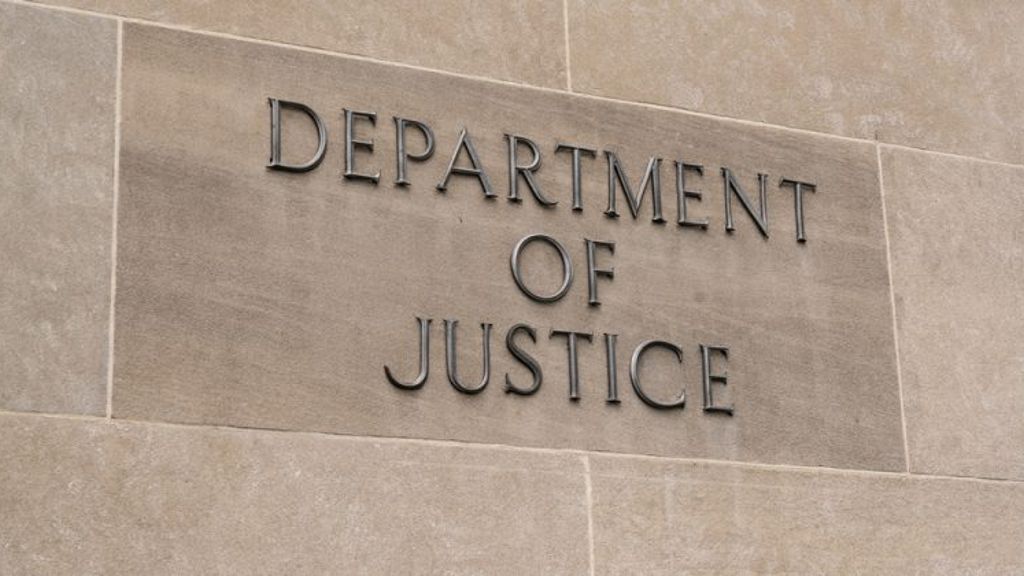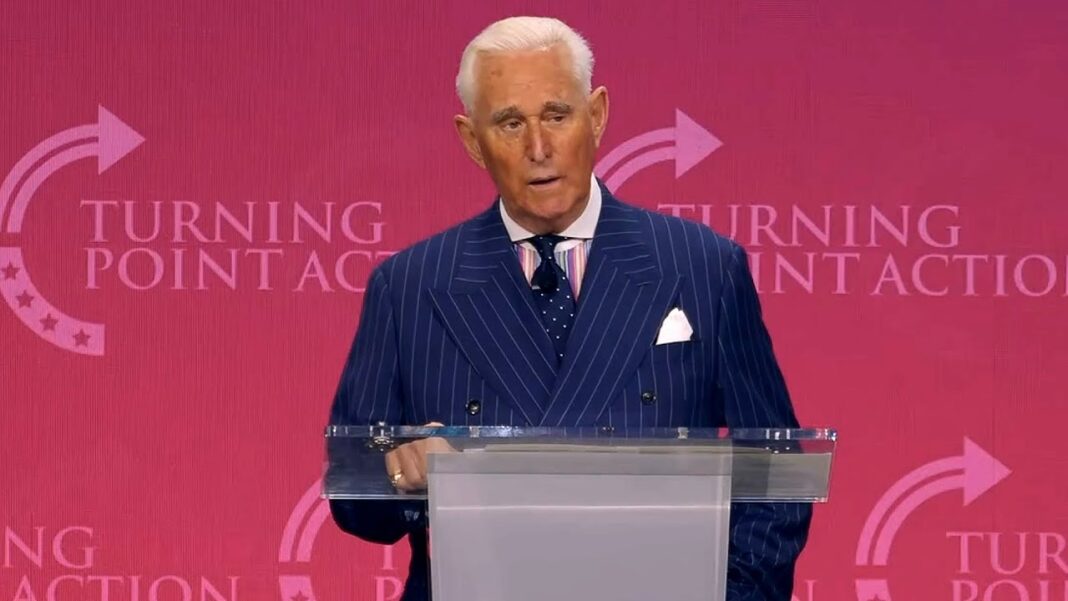The defendants defrauded more than $10 million from more than 50 victims across 19 states.
Eight Chinese nationals on student visas in the United States have been indicted for their alleged role in a scam targeting elderly Americans through fraudulent computer pop-ups, the U.S. Attorney’s Office for the Middle District of Pennsylvania announced on July 11.
The defendants, who came to the United States to attend college, are accused of defrauding more than 50 victims across 19 states out of more than $10 million. They were indicted by a federal grand jury in Williamsport, Pennsylvania, for conspiracy to commit wire fraud.
“These indictments highlight the relentless efforts of Homeland Security Investigations [HSI] to safeguard our elderly population from complex fraud operations,” Edward V. Owens, HSI Philadelphia special agent in charge, said in a statement.
“Schemes like these cause significant emotional and financial harm to elderly victims across the country. HSI, in partnership with the FBI, remains steadfast in our commitment to securing justice for the victims and ensuring that those responsible are held fully accountable.”
The defendants are Yankun Jiang, 24, and Hanlin Yang, 24, both of State College, Pennsylvania; Chenhao Chen, 25, Xiaoqing Tu, 24, and Dongjie Lu, 35, all three of California; Lei Bao, 22, of New York; Kuo Zhang, 31, of New Jersey; and Jiacheng Zhang, 25, of Florida.
According to the second superseding indictment, the defendants are accused of running the computer pop-up scam from August 2023 to February 2024. The pop-ups were disguised as coming from Microsoft, falsely warning victims that their computers had been hacked and displaying a phone number to call for help.
When victims called the number, they were allegedly fed various lies, for example, that their bank accounts were “not secure” and that they would need to withdraw from their savings, according to the court document.
To conceal their crimes, the defendants allegedly instructed the victims not to tell anyone what they had been told, and to tell banks that the large cash withdrawals were for purposes such as “home remodeling,” the court document states.
The defendants or “couriers” who were part of the conspiracy allegedly traveled to the victims’ homes to collect the money while impersonating a “federal agent” or “federal marshal,” according to the court document.
If convicted, each defendant faces a maximum penalty of 20 years in prison and a fine.
By Frank Fang








